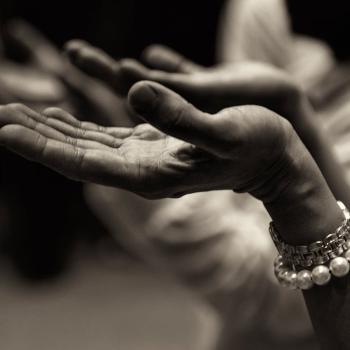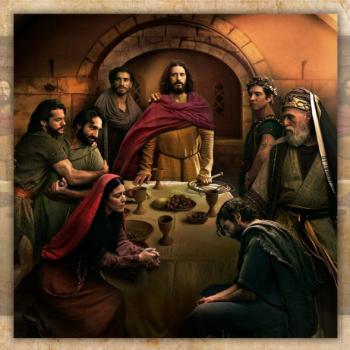I was fascinated though not greatly enlightened at 19. Still, the book gave me pause. It led me on to other books. It gave me something to challenge my certainties, and in an indirect way to help me appreciate the deep cultural mistrust of religion I encountered daily. I came to suspect as a missionary that it wasn't so much that people failed to hear our message as that our message and manner were deeply disconnected from the realities that had ravaged their history and molded their thinking. We could talk to them -- we did every day -- but somehow not with them.
The Emden Town Hall featured in its lobby photographs of the city at the close of the war. As far as the eye could see, loose, charred, rubble-choked apocalypse. By the beginning of my mission in 1961, the city had been given a new face, but a face irrevocably pocked and scarred by hideous, concrete bunkers so massive and indestructible that the British occupation abandoned hope of ever blowing them up. In the streets we tracted through, scars of deep disillusionment deployed their veteran forces against the fresh-faced, freshly certain assurances of faith: "You know what I believe, young man. I believe that a pound of meat makes a decent soup." It was an honest, educated answer. It resonates still today and far beyond Germany.
For the nurtured believer of affirmed and affirming religious origins, it is difficult to concede faith as the substance only of things hoped for, evidence only of things not seen. But in a larger world of compounding, countervailing, all-too-visible evidence, what could be more honest? For the world at large, we hardly speak with a voice of authority. Not only our persisting religiosity, but our persisting American-ness stand in the way. More than forty years later, another preemptive American war and American treatment of minorities still transfix and appall Europeans. Mormon cultural and institutional complicity are still not likely to impress them. The German people in particular have had to face down terrible sins of their own and the rationalizations that enabled them. They've developed a nose for hubris and a deep ideology aversion. Perhaps we must learn to proceed in some more respectful, less dogmatic and instructional way. Not because we are right, and not just because we are naive, but because we may, in fact, be needed -- to provide sanctuary, to enable small miracles, to listen and reach out over the quite reasonable and growing divide between schooled disillusionment and improbable belief. It's humbling work, demanding faith without privileging faith. We might have a hard lesson to learn. It may take a while.




